E-fuels and Ecofuels: Europe Rethinks Strategy Towards 2035
Europe takes a step back on only electric cars towards 2035. Opens up to e-fuels for the energy car transition. Porsche vision on biofuels investments
Europe is taking a step back on its 2035 outlook and the ecological transition. The plan to electrify everything rapidly, amid many uncertainties, is prompting a reassessment of short-term strategies. More and more voices recognize that changes that are too abrupt rarely lead to effective solutions.

For this reason, yesterday the European Commission, led by Ursula von der Leyen, reopened the door to eco-friendly fuels, which can be used in future vehicles. A small but significant victory for car manufacturers, who are facing enormous challenges in updating their models and market strategies.
Electric, European market at a disadvantage compared to Asia
Faced with a Chinese market that is increasingly dominant in the electric sector, Europe has realized the need to preserve the value and competitiveness of its own automotive industry. Avoiding the risk of chasing a market that has already gained a significant technological advantage.
At the heart of this new strategy is the principle of technological neutrality. No longer a single path to decarbonization, but a plurality of solutions that complement electrification with the use of e-fuels and advanced biofuels.
We’ve already discussed efuels in the past: F1 and eFuels: can they improve motorsport?
This choice responds to growing concerns expressed by the executives of major groups such as BMW and Stellantis, who had repeatedly voiced doubts about the ban on the sale of internal combustion vehicles from 2035 onwards. Their concerns were particularly related to global competitiveness and the protection of jobs, in a rapidly evolving global market.
Both fuels derived from agricultural waste and synthetic fuels will play a significant role in the market for next-generation engines.
Porsche has a long-term bet on E-fuels
The former are produced from organic waste, often surplus from the harvest, a sector in which Europe is very active and also exports abroad.
The latter are created using renewable energy and captured CO₂, producing low-impact fuels.
Porsche has been particularly active in developing these new fuels since 2021. They began producing and testing them in its single-make races, such as the Porsche Carrera Cup.
Starting next year, F1 will also move to 100% synthetic fuels, alongside hybrid engines, which were already introduced in 2014.
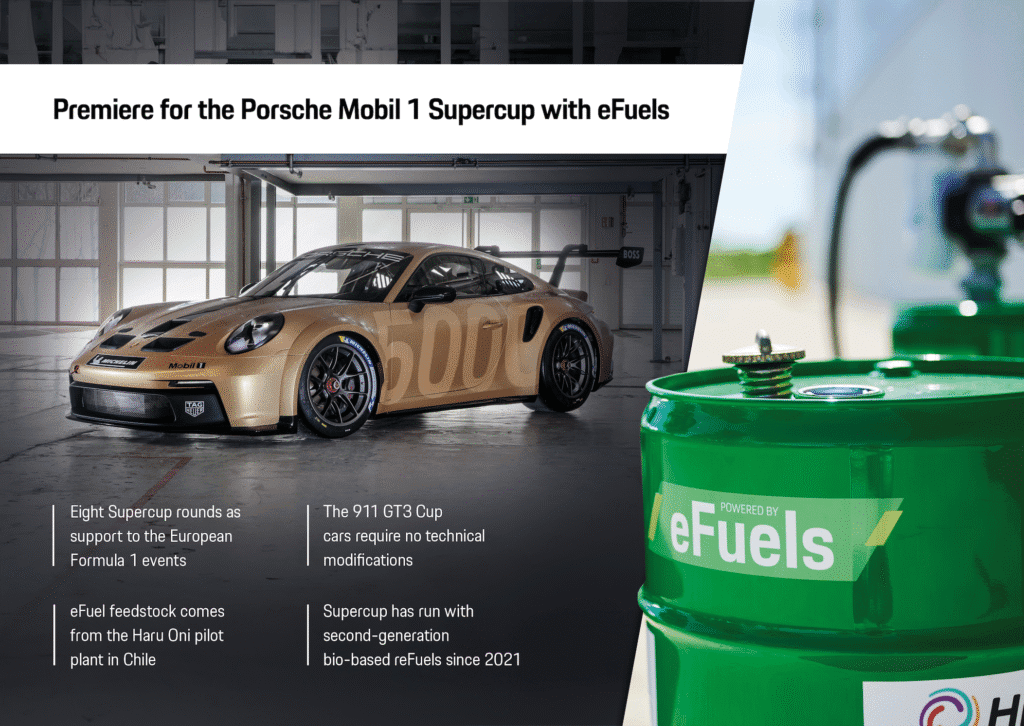
The real challenges that car manufacturers and component companies, such as Bosch, are facing in this epochal shift are perhaps starting to raise the first alarms among the general public.
Is it really necessary to accelerate a process that should happen gradually and, above all, include energy sources beyond electricity?
Why start completely from scratch, when the introduction of eco-friendly fuels into existing engines could provide a significant environmental benefit, while avoiding the production of tons of batteries?
Electric mobility should be accompanied by equally viable solutions, rather than concentrating 100% of production in a sector that, in the case of complete electrification, would become irreversible and potentially highly demanding on the power grid.
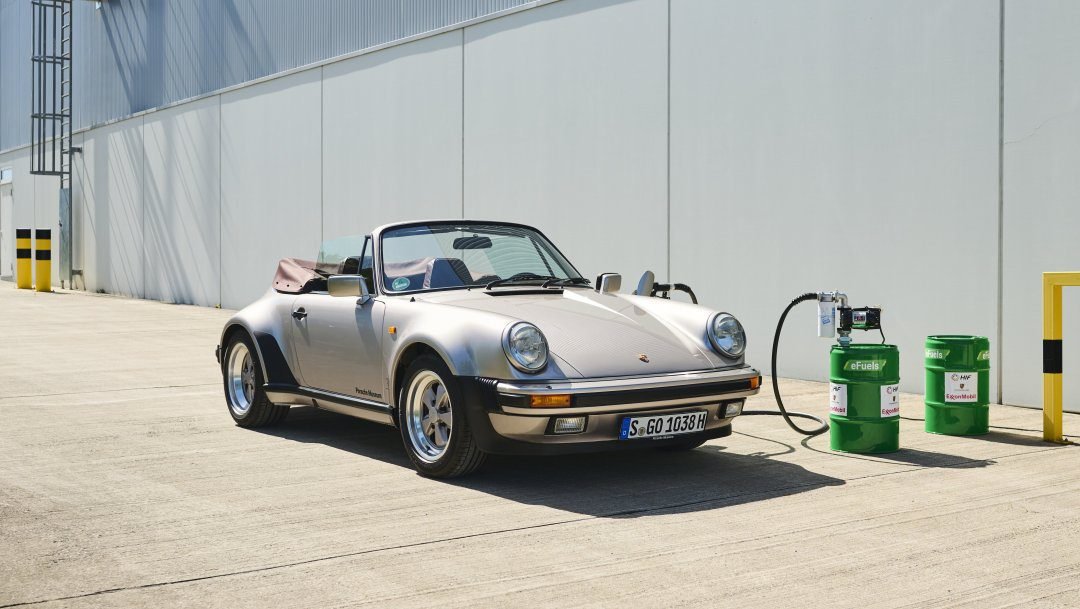

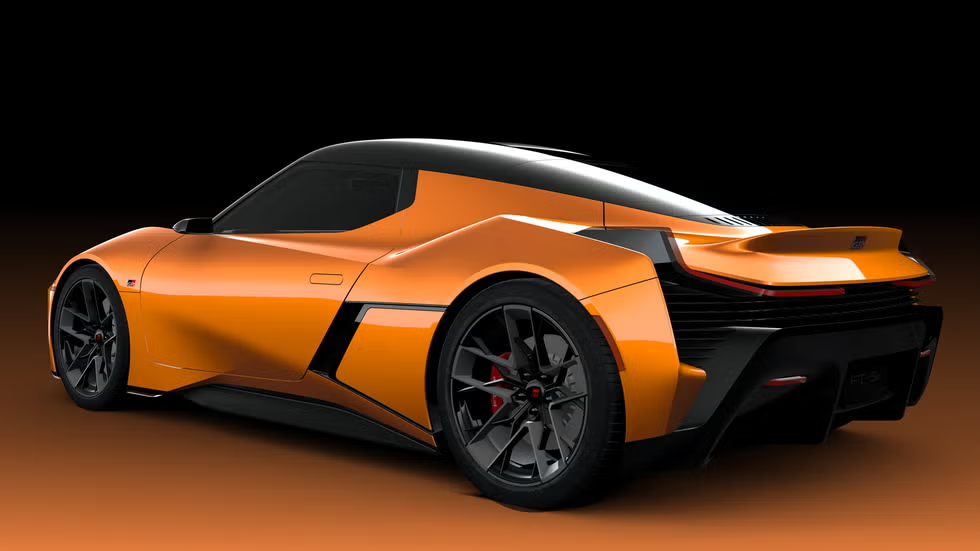
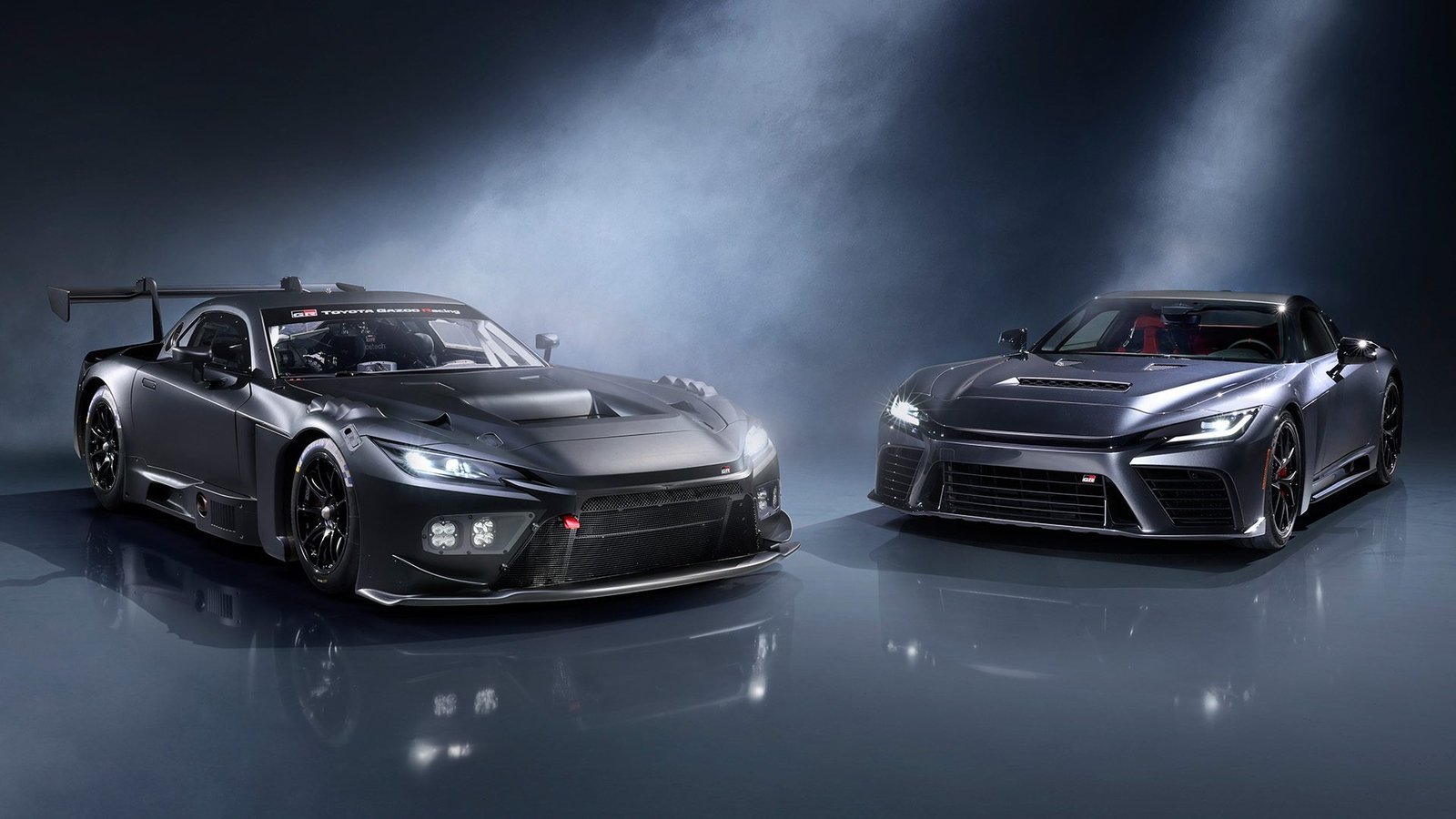
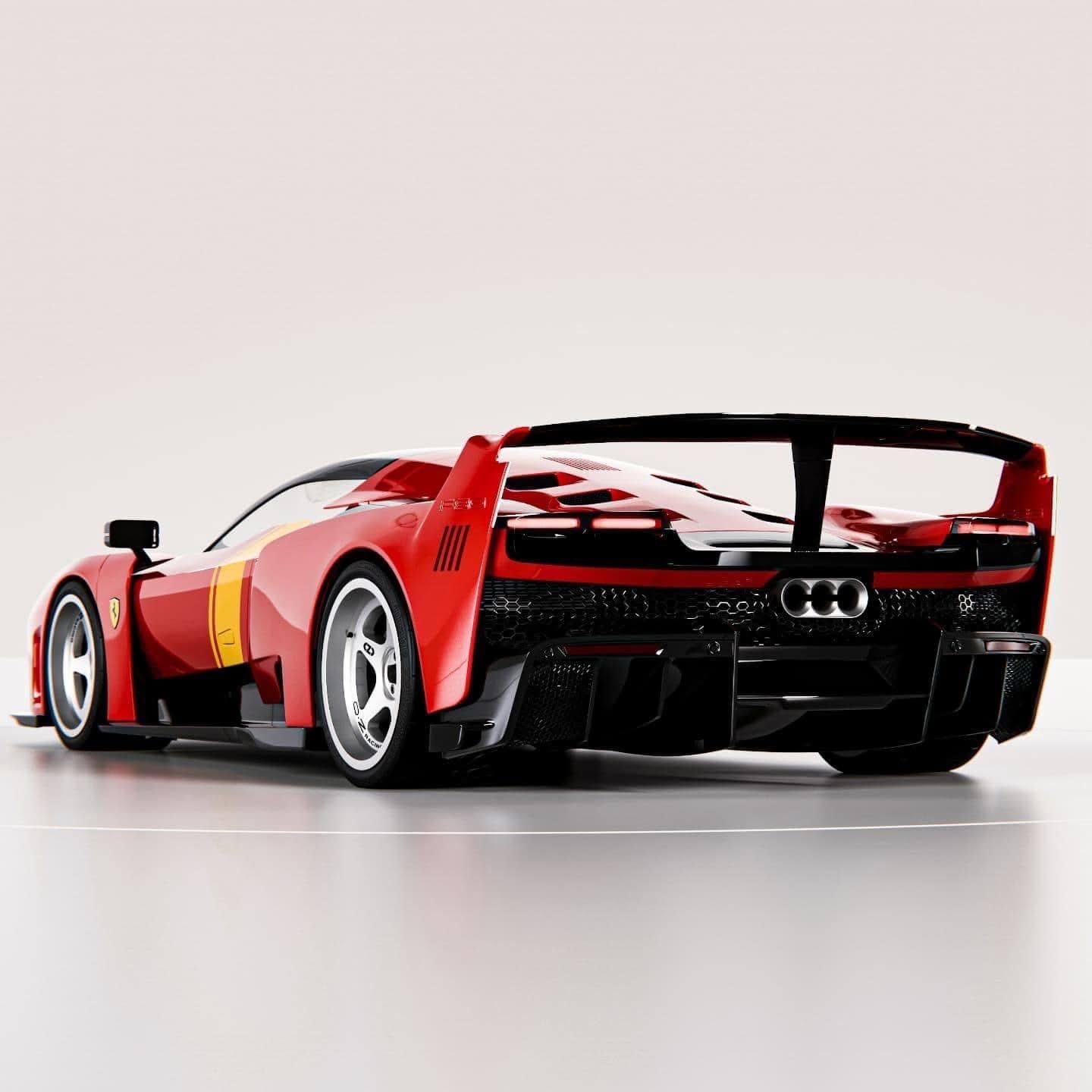
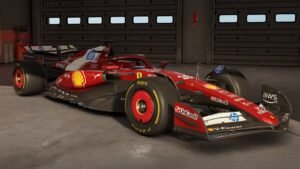
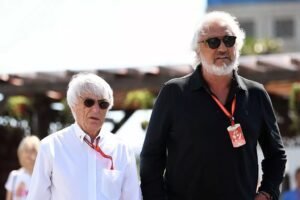

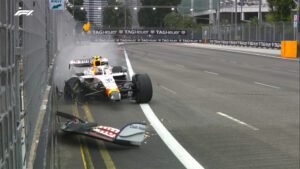
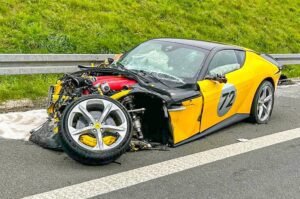


1 comment